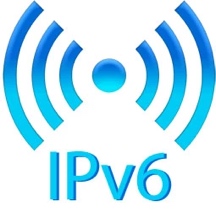
Episode #740
April 8, 2023
Everything will soon have an Internet Protocol (IP) address. Otherwise nothing will be able to communicate with anything else.
IPv4 (Internet Protocol version 4) was first widely used on the Advanced Research Projects Agency Network (ARPANET). ARPANET’s main purpose was for communication between academic and research projects.
In order to find all the computers on the network, unique addresses needed to be assigned. IPv4 provided 4.3 billion addresses. Each address was an octet (four numbers) between 0 and 255, separated by dots, such as 74.116.145.171.
Type “what is my ip address” in your browser to find the public IP address of your computer network.
In 1983 ARPANET thought that 4.3 billion addresses would be enough. It was never imagined that every person in the world may need an IP address. Today there are almost 8 billion people on Earth and 6.8 billion of them own cell phones. A different Internet Protocol is necessary.
IPv6 was proposed in 1998 and ratified as a standard in 2017. The addresses of IPv6 are represented as eight groups of four hexadecimal digits, such as 2001:0db8:0000:0000:0000:8a2e:0370:7334.
IPv6 provides for 340 trillion trillion trillion addresses. This is roughly the number of atoms in 100 Earths.
The maximum IPv6 address number (in decimal) is
340,282,366,920,938,463,463,374,607,431,768,211,456.
We think that will be enough.
Why do we need so many Internet addresses?
Because virtually everything will eventually be connected to the Internet. Cars need to communicate with each other to be truly autonomous and self driving. Every smart device, such as phones, tablets, computers, watches and VR glasses need connections to Internet based accounts.
Security systems, traffic cams, home and child monitoring, thumb print and optical access panels and automated traffic lights are all connected to the Internet.
A refrigerator can notify you of your grocery shopping list. Our TVs stream content from the Internet. Smart speakers communicate and entertain because of their Internet connections.
Email, telephone conversations, video conferencing, mapping apps and texting all work because they have an IP address.
How can Artificial Intelligences take over the world if they can’t talk to each other?
Soon, every person will need an IP address. Neurolinks implanted in our brains will connect us to the Internet so that we are all smarter. If two people want to telepathically communicate, both of their neuro-chips will need an IP address.
It is a good thing that IPv6 has been adopted. The Internet of Everything will need a lot of addresses.
I wonder if 340 trillion trillion trillion will be enough.
PLEASE BUY MY BOOKS:
“Skydivers Know Why Birds Sing” by Ricki T Thues is now available on Amazon.
It is a Love story of Rick and Paula Thues and their 35 years of Skydiving.
Click HERE to buy the paperback or Kindle ebook at Amazon.
Follow Ricki T Thues on Amazon HERE.
ALSO AVAILABLE:
“Technically Human” by Ricki T Thues, the iMentor, is available on Amazon.
It is a compilation of selected episodes from this bLog which tell the story of Humanity through the eyes of the iMentor.
Click HERE to buy the paperback or Kindle ebook at Amazon.
The ebook version of “Technically Human” is also available on Kobo. Click HERE.
For you Barnes and Noble Nook readers it is available for Nook. Click HERE.
The “Technically Human” ebook is also available on Apple Books . Click HERE.
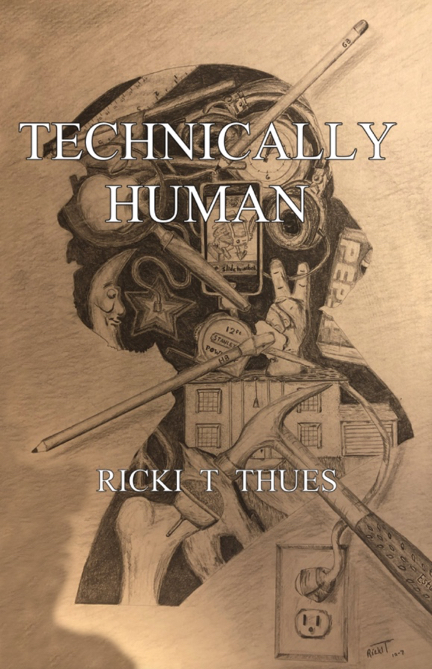


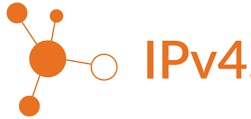
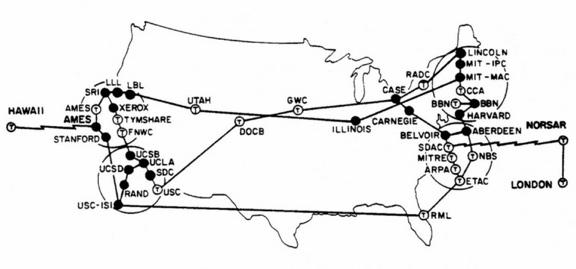


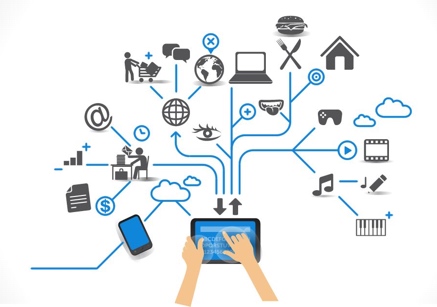
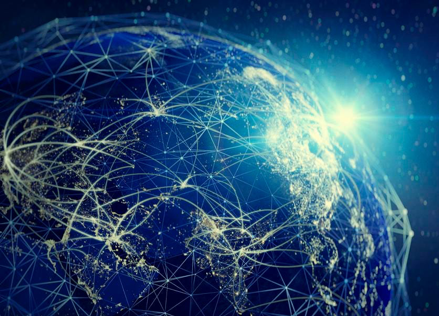


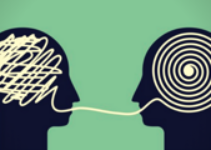

Wow it’s as simple as 0123:2001:0db8:0000:0000:0000:8a2e:0370
Thanks for the heads up
Very informative. I can’t wait to get my IP address.
Is this the sentence you expected me to flag? “Otherwise nothing will be able to communicate with anything else.” It is a bit of an overstatement, but did not bother me.
Oddly, the use of “imaged” rather than “imagined” caught my attention.
I also noticed some minor omissions. You left out some details such as the hierarchical design of IP addresses, including the meaning of the dots, which delimit levels of hierarchy. Reserved addresses such as 127:0:0:o and all zeroes. You might have called attention to the total number of bits exploding from 32 (4 groups of 8) to 128 (8 groups of 16). And the clever means used to extend the life of IPv4, such as net address translation (NAT), until IPv6 is more fully adopted.
A fun read! Thanks. You make a fine localhost.
The line I thought you would flag was “How can Artificial Intelligences take over the world if they can’t talk to each other?”
You are correct about “imaged.” It should have been “imagined.” I have fixed it. Thanks for the edit.